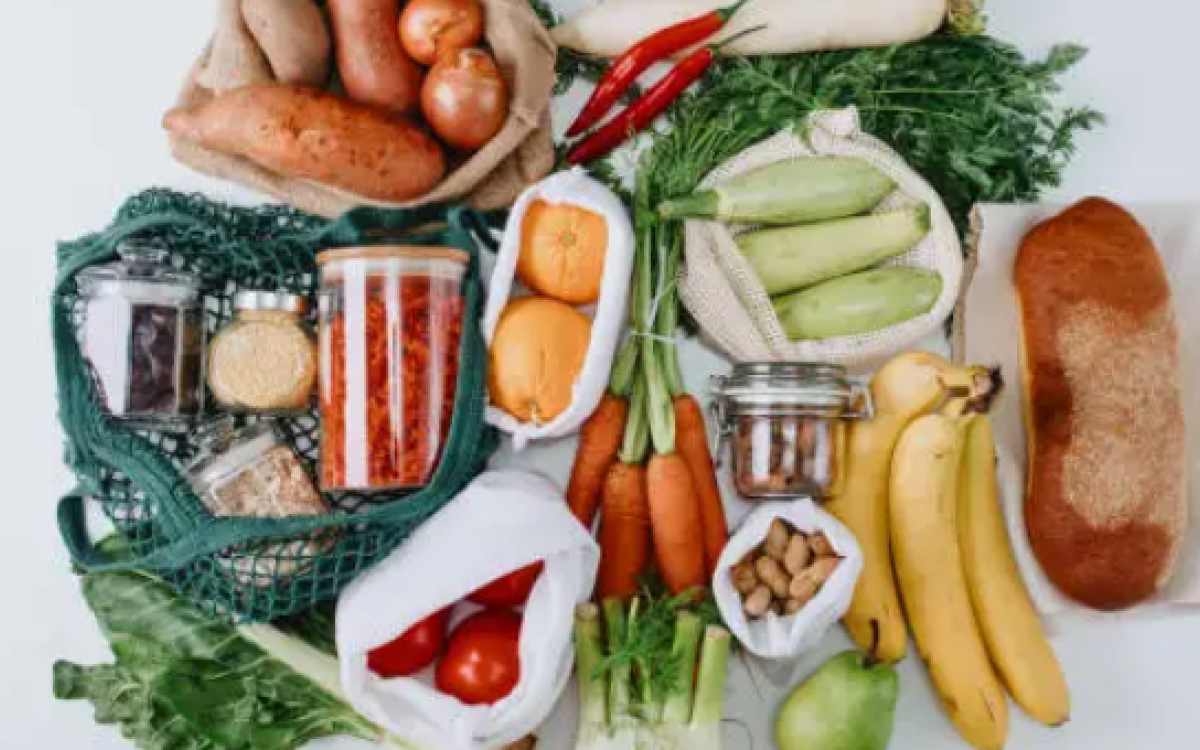At a glance
This event will feature a panel discussion on the environmental, social, and economic impacts of food waste, which affects… Read full summary
- Funding received
- 2010-2011
- Mini
- Awarded
- $250
- Funding partners
-
- Services and Activities Fee (SAF)
This event will feature a panel discussion on the environmental, social, and economic impacts of food waste, which affects institutions like the University of Washington. Panelists will explore solutions following the “Reduce/Reuse/Recycle” model—reducing excess food production, redistributing surplus to those in need, and recycling unavoidable waste through composting or energy generation. The discussion will highlight local and national efforts, including initiatives on the UW campus, to address food waste and promote sustainability.
The U.S. produces almost 600 billion pounds of food each year and a 25-50% of it is wasted — left in fields, thrown out at the grocery store, left in the fridge until it spoils, or scraped into the garbage at the end of a meal.
Wasted food costs farmers, consumers and businesses hundreds of billions of dollars every year, and the environmental costs are just as steep. It is estimated that 2% of all U.S. energy consumption goes into producing food that is ultimately thrown out. Because America’s energy economy remains highly dependent on fossil fuels, this translates into significant unnecessary greenhouse gas emissions. In addition, food that is discarded in landfills creates methane emissions, itself a potent greenhouse gas.
As an institutional provider of dining and food services, food waste is an issue for the University of Washington. And all members of the UW community are affected by the environmental, social and economic consequences of food waste.
The panelists at this event will discuss the problems associated with food waste, as well as the solutions. The approaches to be discussed follow the same “Reduce/Reuse/Recycle” paradigm as other waste prevention strategies. Food waste can first be reduced through programs that help food producers and food retailers better understand and efficiently meet demand without excess. When there is excess food, it can be reused or reallocated through food rescue programs and other services that match food surpluses with those in need. Finally, food waste that cannot be avoided, such as inedible components or post-consumer food scraps, can be recycled into a useful soil amendment through composting, or turned into electricity or biogas through anaerobic digestion.
Panelists will discuss how these solutions are being employed here in Seattle, including on the University of Washington campus, and throughout the U.S.
McKenna Morrigan
Project lead
- morrigan@uw.edu
- Affiliation
- Student
-
Team member
